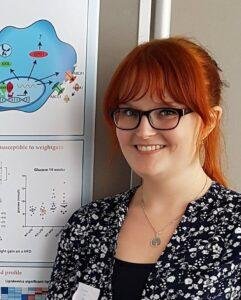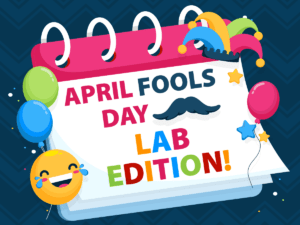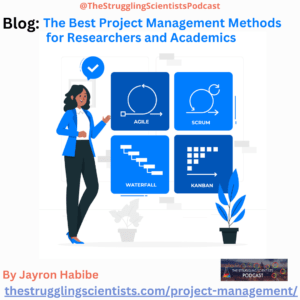In this Miniseries, we discuss tips for Future Ph.D. students. There are a lot of things you need to consider when starting a Ph.D. The first part was about deciding if a Ph.D. is something you should do. In this second part, we discuss how to find a Ph.D. spot that works for you! And in the last part, we will discuss tips for during the application process.
So what do you need to think about when looking for a Ph.D. spot? Our listeners, Twitter fans, and colleagues have helped us make a list of tips with things they wished they had known before starting a Ph.D. Listen to our episode to hear all about it or read the list below for a more concise overview.
Powered by RedCircle
Think about what you want!
- Do you know what topic you find interesting? Try to explore topics in your internships and narrow it down a little, but not too much!
- Speak with a number of current/past Ph.D. students & potential supervisors about the whole process. Talking about the possibilities can help you narrow down what you want. People are generally very willing to help so don’t feel awkward about reaching out. On Twitter, there is a very nice community of people willing to offer specific advice. And you can of course always reach out to us!
- Figure out if you want to go abroad or not. It can be very cool, but you lose your support system. Are you ready for that?
- Think about what you want your work-life boundaries to be. Setting them early in the Ph.D. makes sure everybody knows what to expect. Are you not willing/able to make long hours when needed and work on the weekend than don’t even start the PhD
- The average time to graduate for STEM is 5.5 years according to the NIH. Any expectation of 4 years is a dream. Prepare for the greatest challenge of your life. Don’t rely on your expectations and assumptions because they will be wrong
- Find out what in the Country you are looking for positions is required to get the Ph.D. This differs a lot per country! In some countries it is more like a study, in others, it’s more like a really hard job.
- Find out what you get paid or not get paid at all in the country you are looking at. Does that work for you and your life goals for the next few years?
- Find out what kind of teaching responsibilities are included in different positions, and if you would like this, or steer clear from positions with a lot of teaching.
Start looking for specific positions and do your research!
- Supervisor and fit with the supervisor are equally as important as the topic (if not more so). Choose carefully – consider whether you work best in a collaborative or competitive environment, whether you like to have more control over your direction or prefer to have more support and management, etc.
- Professors are not selected on management skills! Nowhere in their education have they actually learned how to be a good supervisor. Often it is up to you to ask for what you need directly, make sure you have a supervisor that allows you to do this.
- Research your supervisor! Find out how much experience he/she has with Ph.D. students and if they graduated.
- Be careful with projects with too many PIs. A lot of captains on one ship can cause a lot of problems. But do make sure you have people to fall back on when things go south and.
- Make sure you Pi’s with experience in your research topic. Having to figure out a new branch of research in your group is a lot of pressure for a Ph.D. Student.
- Find out what the institute offers for Ph.D. students. In the Netherlands, you do go to University anymore since you already have a Masters, but institutes can offer you new classes.









